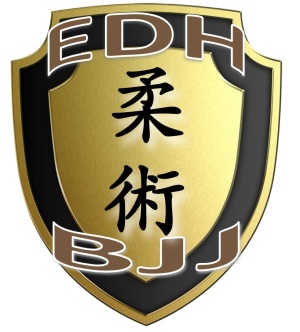Are you looking for a fun and engaging activity for your teen that promotes physical fitness, discipline, and self-confidence? Look no further! El Dorado Hills Jiu-Jitsu is thrilled to announce our juniors class, specifically designed for teens ages 11 to 16. Whether your teen is a complete beginner or has some martial arts experience, our program offers the perfect opportunity to learn and grow in a supportive environment.
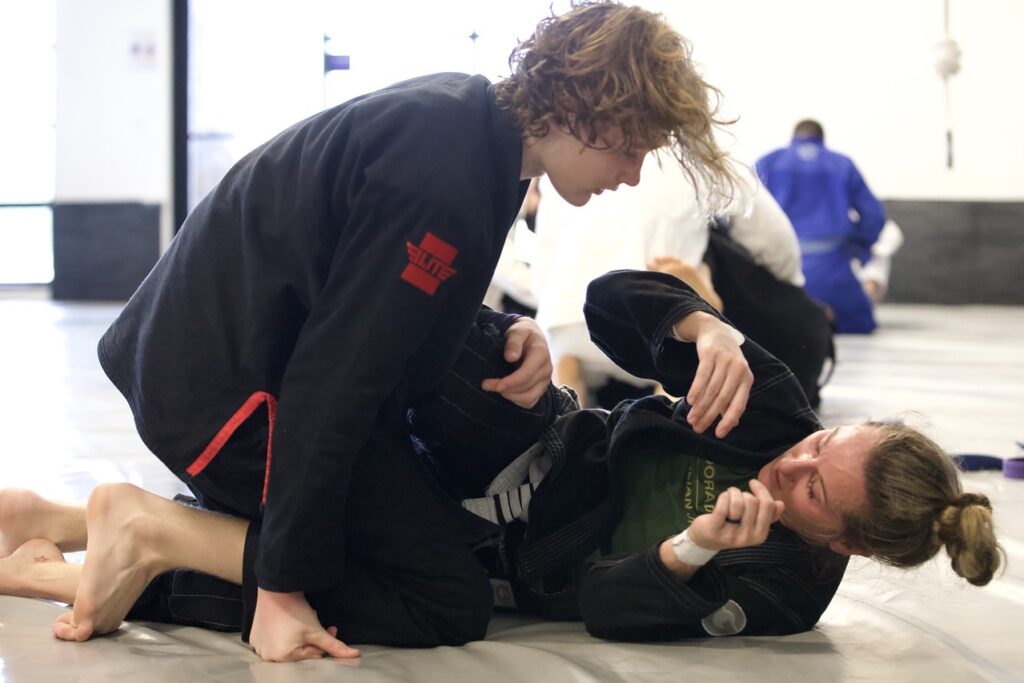
Why Jiu-Jitsu?
Jiu-Jitsu is more than just a martial art; it’s a comprehensive system that teaches self-defense, improves physical fitness, and fosters mental resilience. For teens, these benefits are especially valuable. In our juniors class, your teen will learn:
- Self-Discipline and Focus: Jiu-Jitsu requires concentration and commitment. Through regular practice, students develop the ability to focus on their goals and persist through challenges.
- Physical Fitness: Our classes provide a full-body workout that enhances strength, flexibility, and endurance. It’s a great way for teens to stay active and healthy.
- Self-Confidence: As teens progress and achieve new belts, they build self-esteem and confidence in their abilities.
- Respect and Camaraderie: Jiu-Jitsu emphasizes respect for oneself and others. Our students learn to work together and support each other, building lasting friendships.
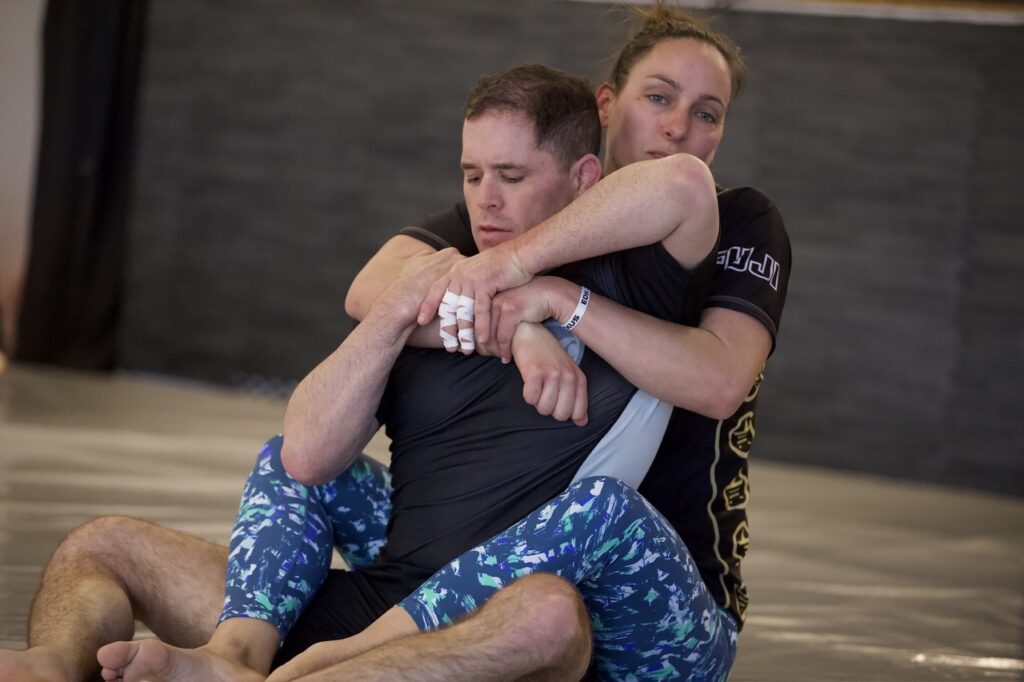
What to Expect in Our Juniors Class
Our juniors class is tailored to meet the unique needs of teens. Here’s what you can expect:
- Beginner-Friendly Instruction: We welcome beginners with open arms. Our experienced instructors are skilled at breaking down techniques into easy-to-understand steps, ensuring that everyone can follow along and progress at their own pace.
- Structured Curriculum: Our program is designed to build skills progressively. Each class covers fundamental techniques, drills, and live practice, allowing students to apply what they’ve learned in a controlled environment.
- Safe and Supportive Environment: Safety is our top priority. We maintain a positive and encouraging atmosphere where students feel comfortable trying new things and pushing their limits.
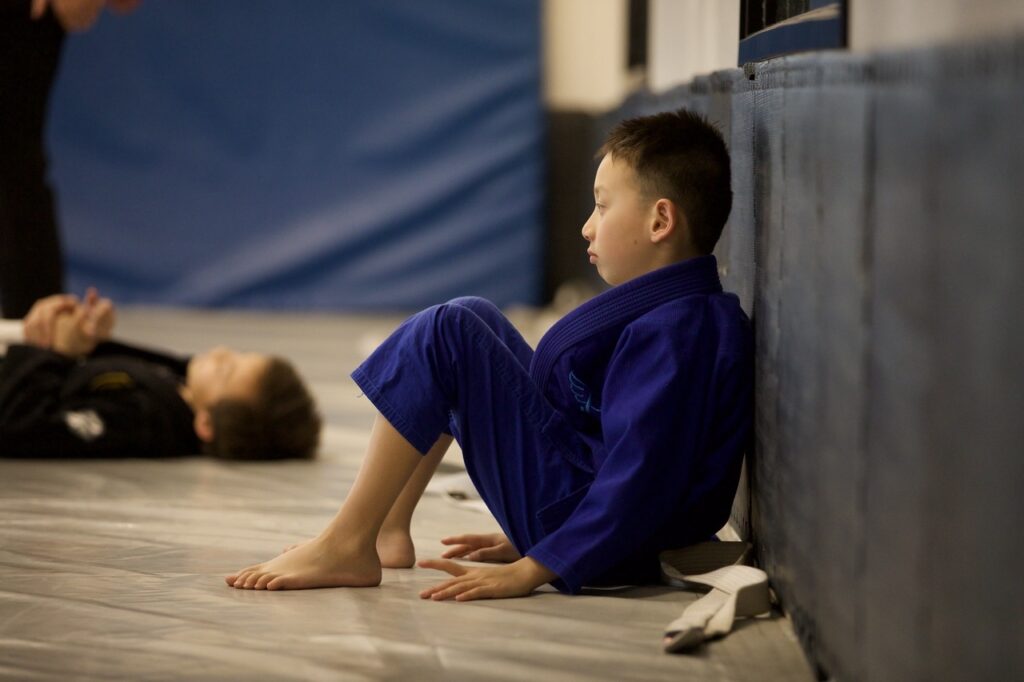
Why Choose El Dorado Hills Jiu-Jitsu?
At El Dorado Hills Jiu-Jitsu, we are dedicated to providing the best martial arts education for our students. Our instructors are passionate about Jiu-Jitsu and committed to helping each student achieve their personal best. We offer:
- Instructors: Our team consists of highly qualified and experienced instructors who are dedicated to guiding your teen on their Jiu-Jitsu journey.
- Community: We pride ourselves on our welcoming and inclusive community. Your teen will join a group of like-minded individuals who support and motivate each other.
- Schedule: We understand the busy lives of teens and their families. Our class schedule makes it easy to fit Jiu-Jitsu into your routine.
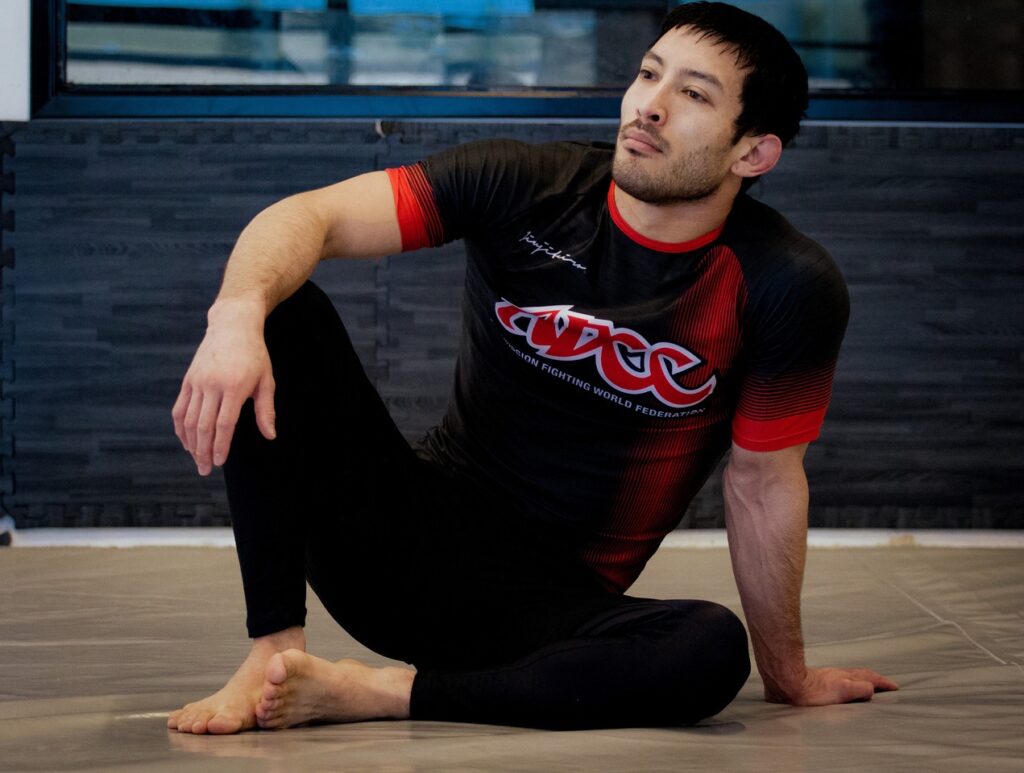
Join Us Today!
Enrolling your teen in our juniors class at El Dorado Hills Jiu-Jitsu is a step towards a healthier, more confident, and disciplined future. Whether they’re a beginner or looking to enhance their skills, our program offers the perfect environment to grow and thrive.
Don’t wait—bring your teen to El Dorado Hills Jiu-Jitsu and let them discover the exciting world of Jiu-Jitsu! For more information and to sign up, visit our website or contact us directly. We can’t wait to welcome you to our Jiu-Jitsu family!
Empower Your Teen with Jiu-Jitsu at El Dorado Hills – Getting Stronger Together!
